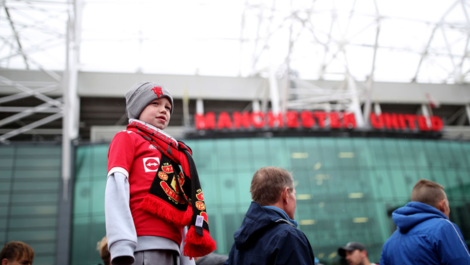
Club profile: Measuring the worldwide popularity of Manchester United
The English Premier League is the most popular team-sport league on the planet, with 28% of sports fans across 51 global markets who are interested in the league according to YouGov Global Fan Profiles data.
Several storied clubs in the league have benefited from the global reach of the league, today we’re looking at the worldwide popularity of Manchester United, which is the most popular club among Premier League fans around the world.
In fact, our data shows that of the 51 markets in which YouGov conducts research, Manchester United appears in the top three most popular clubs in 47 of those markets. Manchester United is only bested by Liverpool, which appears in the top-three lists of 49 markets.
Focusing in one some of the largest economies in the world, we see Manchester United is the most popular Premier League football club in the US (26% of sports fans support the team), Canada (36%), China (30%), India (38%), and Japan (32%). While these may not be die-hard fans, they are consumers who know and identify with the club’s brand.

Manchester United also appears in the top three most popular EPL clubs in France (36%), Germany (17%), Italy (22%) and – of course – the United Kingdom (18%).
Along with the fact that Manchester United has won 20 Premier League titles, its global popularity is also likely the result of its diverse slate of international players, such as Ji Sung Park, who played a pivotal role in the team’s success in the 2000s and early 2010s. The team also boasts an impressive list of superstar alumni including David Beckham, George Best, and Cristiano Ronaldo. The team has also put on summer tours, playing matches in outside markets like the United States and Australia.
Methodology: YouGov Global Fan Profiles Data referenced is based on an overall sample size 212 and 122,107 MLB fans depending on market. Ongoing research was conducted between December 2020 and January 2022.